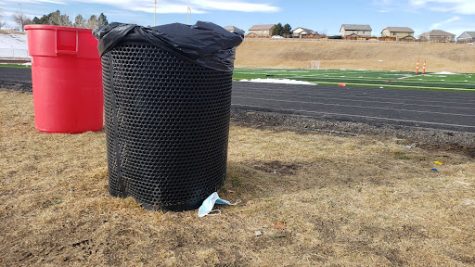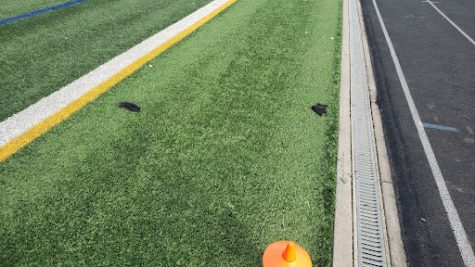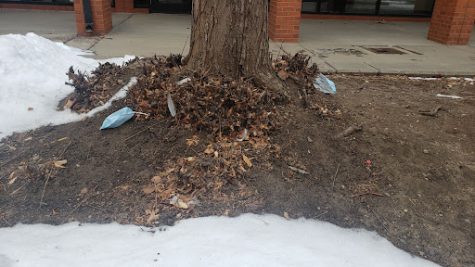Mask pollution has become an unexpected problem of the Covid pandemic.
Face masks are essential in the Covid era, but not everyone disposes of them correctly.

Masks have become a symbol of the Covid era; wearing them is a necessity to do nearly anything or go anywhere. The most popular ones are the disposable ones, from your standard surgical blues to the advanced N95s, but not everyone disposes of them the right way.
Just like you can see masks on people’s faces everywhere you go; you can see masks on the ground everywhere you go. ‘Mask pollution’ has become an unexpected problem of the pandemic, including right here at Eaglecrest.

Surgical masks, N95s, and KN95s are most commonly made of a non-woven fabric called polypropylene, which is not biodegradable. Unlike food waste or paper products, masks are unable to degrade in nature quickly, risking massive environmental impact. Some risks from mask pollution include sewer blockage, wildlife entanglement, and food chain pollution.

While the problem is not exclusive to Eaglecrest, it is heavily prevalent here. I counted over a hundred masks in and around the campus grounds. From the athletic fields to the courtyard to the parking lot, masks are everywhere at Eaglecrest.
“It’s kind of a trashy thing to do,” freshman Soph Lundblad said, “because you’re wasting a resource you need right now.” Some are hoping that the mask mandate recently being lifted will help to make masks less prevalent.
“People who don’t want to wear masks, just won’t bring masks at all,” sophomore Hunter Etienne said.

Marcus Turner is a Senior at Eaglecrest High School he has been on the Nest Network team for 3 years. While being on the Nest Network he enjoys writing...





